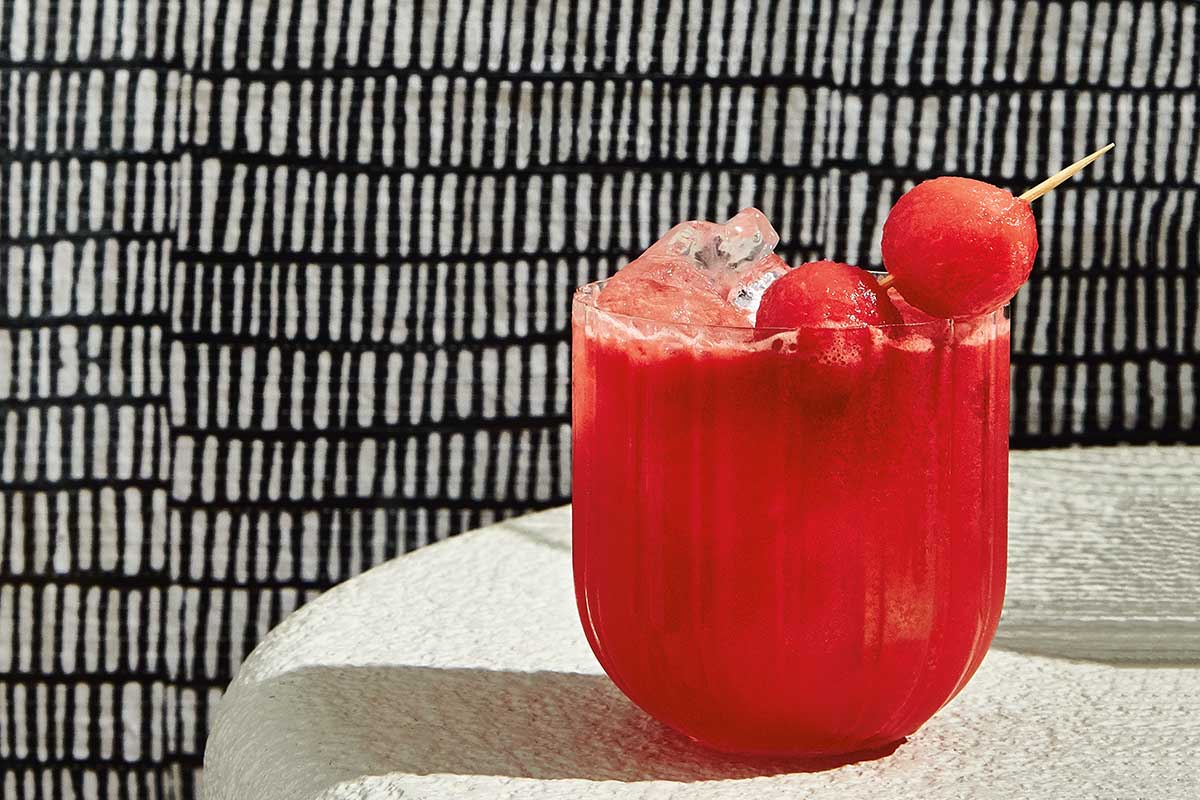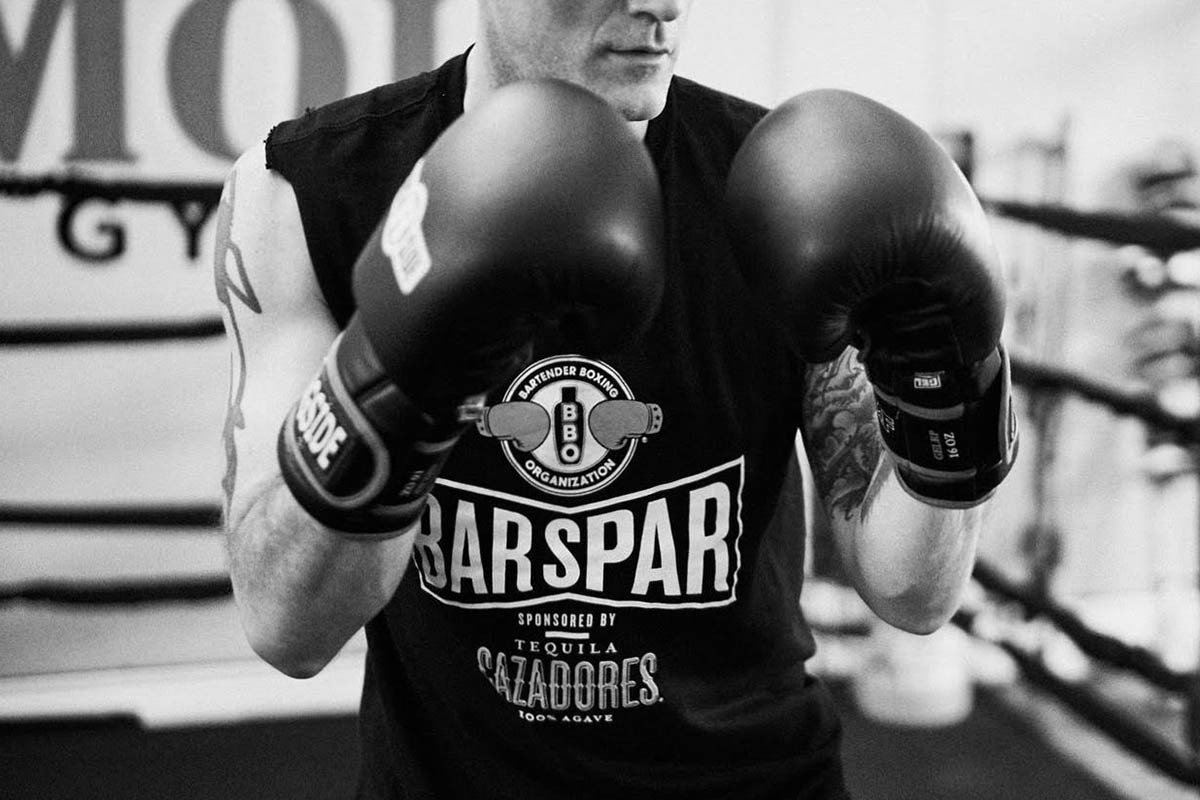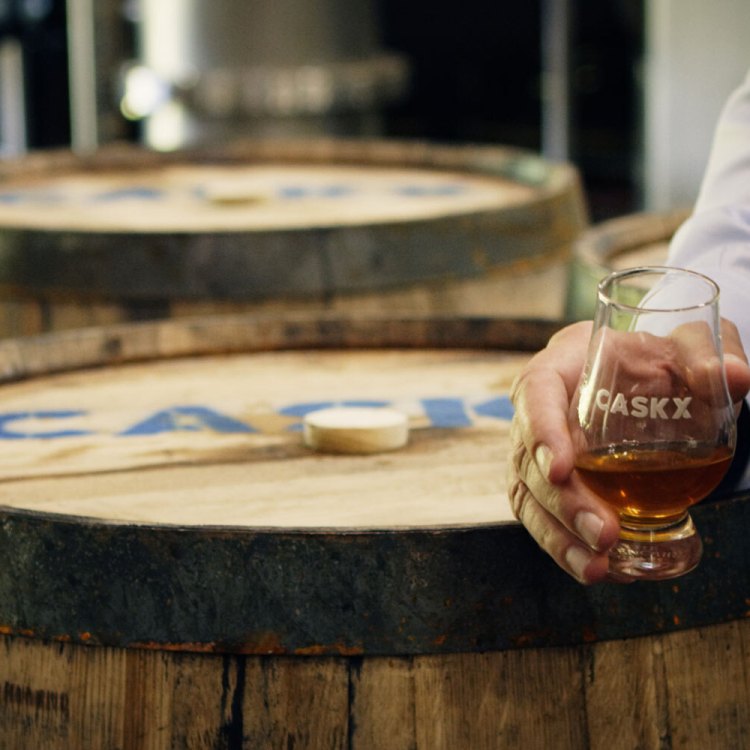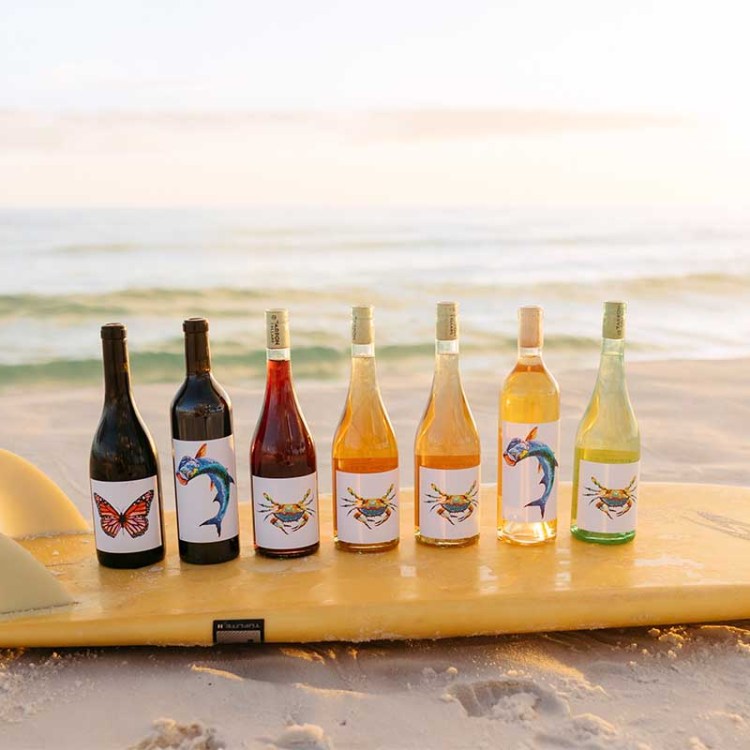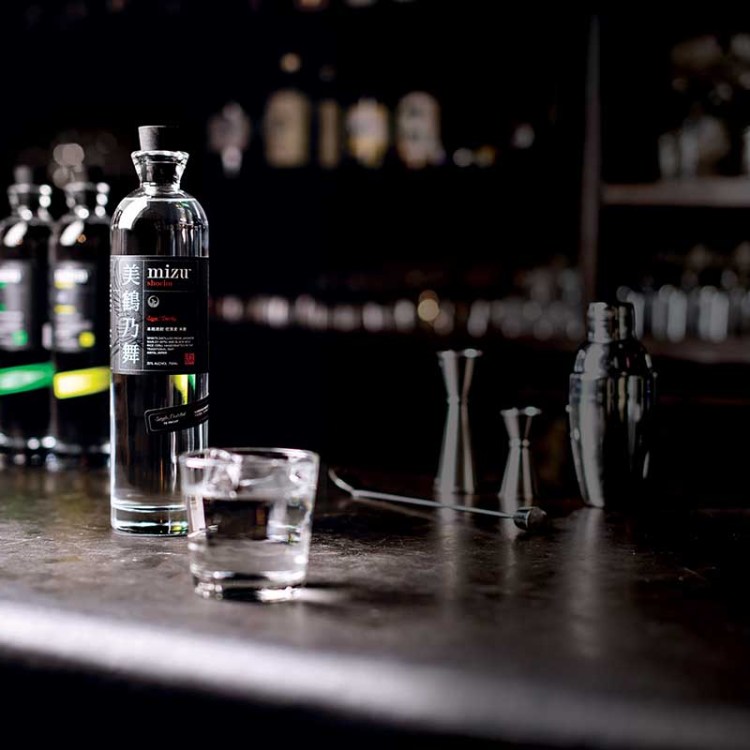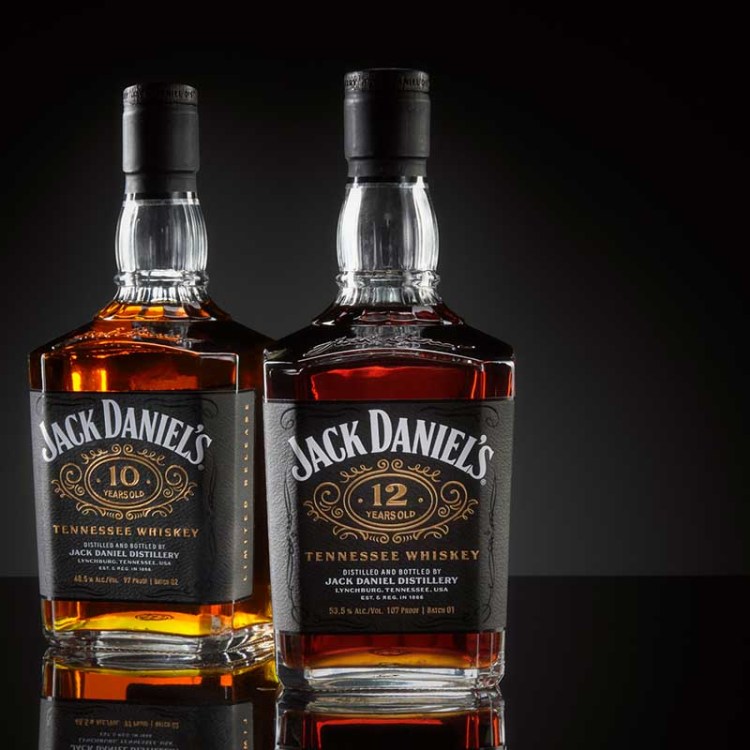Dry January doesn’t mean you can’t have a good drink or a cocktail. The idea here is that you’re simply foregoing the booze, not the taste or complexity.
But then things get tricky. What does this growing booze-free drinks category actually entail?
It’s hard to find a “name” brand in this space outside of Seedlip, launched a few years back; consumers and bartenders have seemingly embraced the “world’s first distilled non-alcoholic spirit.” With its success, dozens of new brands have followed into this no-booze, spirits-free space.
But there’s little consensus on categories, ingredients or even what to call these safe-driving tipples (no-booze, spirits-free, non-alcoholic spirits, etc.)
Seeking some sober clarity, we spoke with Douglas Watters, the founder of Spirited Away, New York City’s first (and from what we can tell, only) booze-free bottle shop. “This whole category of non-alcoholic spirits has really just arisen in the past few years, and only very recently were there enough options to warrant a dedicated space,” he explains.
His thoughts below, plus a few recent booze-free bottles we’ve enjoyed.
InsideHook: How do you define “booze-free” bottles?
Douglas Watters: I stock my shelves based on two loose rules of thumb: One, is it less than 0.5% ABV, and thus can be considered “non-alcoholic”? And two, is it an “evening beverage”? I love kombucha and Recess and other bougie, expensive drinks like Spindrift, but I drink them during the daytime. It’s a grey line, but I wanted to focus on the types of things you drink at the end of the day, socializing with friends in the evening and celebrating occasions.
But I cast a wide net and stock everything from beers, wines and spirits to mixers, bitters and even Italian-style leisure sodas. Many include ingredients like hemp and other functional adaptogens and nootropics.
IH: Liquor stores can categorieze their wares by fairly well-defined categories — gin, whiskey, etc. How do you guys do it?
I arrange bottles on my shelves based on what’s the best use of my very limited space! I’ve never run a retail store before, so I’m still learning and shifting things around constantly based on what works. There’s very little rhyme or reason to it. My hope for the future is that one day there will be as many zero-proof options as there are alcoholic options in liquor stores, such that I will need a much bigger store and a much more deliberate organizational system.
Can these booze-free releases provide a good backbone for a cocktail?
It’s a good question, because alcohol does lend backbone to both the spirits themselves as well as the cocktails we make from them. To this very point, I drink a lot of shrubs and vinegar-based cordials because I like the backbone that apple cider, Champagne, cane and other vinegars tend to impart. Other zero-proof spirits accomplish the same trick with various spices and botanicals.
Is there a correct term for what we’re talking about? Booze-free, spirits-free, alcohol-free, zero-proof, etc.?
I say “booze-free” mainly because of its brevity and because I like to emphasize that the freedom from alcohol is a feature, not a bug. “Non-alcoholic” leads with negativity and can seem apologetic. We’re not apologizing.
And now, some booze-free suggestions:

Curious Elixir No. 5
A limited-edition seasonal release from this booze-free craft cocktail brand, these drinks contain adaptogens (wellness plays into some of these booze-free releases). As Watters notes, “It’s their richest and most complex offering to date and I love how they’ve balanced the spice with the warm chocolate and cherry notes.”
Ghia
Recommended to us last year by author Julia Bainbridge (Good Drinks: Alcohol-Free Recipes for When You’re Not Drinking for Whatever Reason), Ghia is a non-alcoholic aperitif “inspired by the Mediterranean” with extracts of natural nervines.

Gnista
Also a recommendation by Bainbrdige, Gnista offers both a smoky and a bitter/wormwood release.
Optimist Botanicals
Just launched, these are alcohol-free botanical spirits (crafted by a master distiller) inspired by their Southern California origins. Serve with tonic and club soda, the three flavors here (bright, fresh, smokey) are gentle but flavorful.
Free Spirits
These tequila, gin and bourbon alternatives offer a “1:1 non-alcoholic alternative” to their boozy counterparts, plus each bottle is infused with B vitamins and amino acids. The gin is the standout here, although the tequila offers some heat and sweetness.
Aplos
Aimed at calming, this hemp-infused, non-alcoholic spirit is herbal, citrusy and earthy (but not overly so).

Lyre’s Non-Alcoholic Spirits
Vegan, low-cal and no-booze spirits meant to emulate nearly a dozen different styles of alcohol.
Damrak VirGin 0.0
The highest rated release in the 2020 Ultimate Spirits Challenge Non-Alcoholic Spirit category, this is a non-boozy, gin-like release from the Amsterdam-based Lucas Bols, the oldest distillery in the world.
Kin
“Euphoric” mixers with adaptogens and nootropics geared toward different moods and times of day — social hour, nighttime, etc. From citrusy to herbaceous, these are fine on their own but also work as a mocktail base with juice, soda, bitters and syrup.

New London Light
From the creators of the recently-reviewed (and quite excellent) Salcombe Gin, this London dry gin alternative adds a kick of ginger to its otherwise relaxed, citrus-y character.
Ceder’s
Made in Sweden with South African botanicals, this “alt-gin” (possibly my favorite phrasing of these drinks) would make for a lovely alt-G&T.
This article was featured in the InsideHook newsletter. Sign up now.

